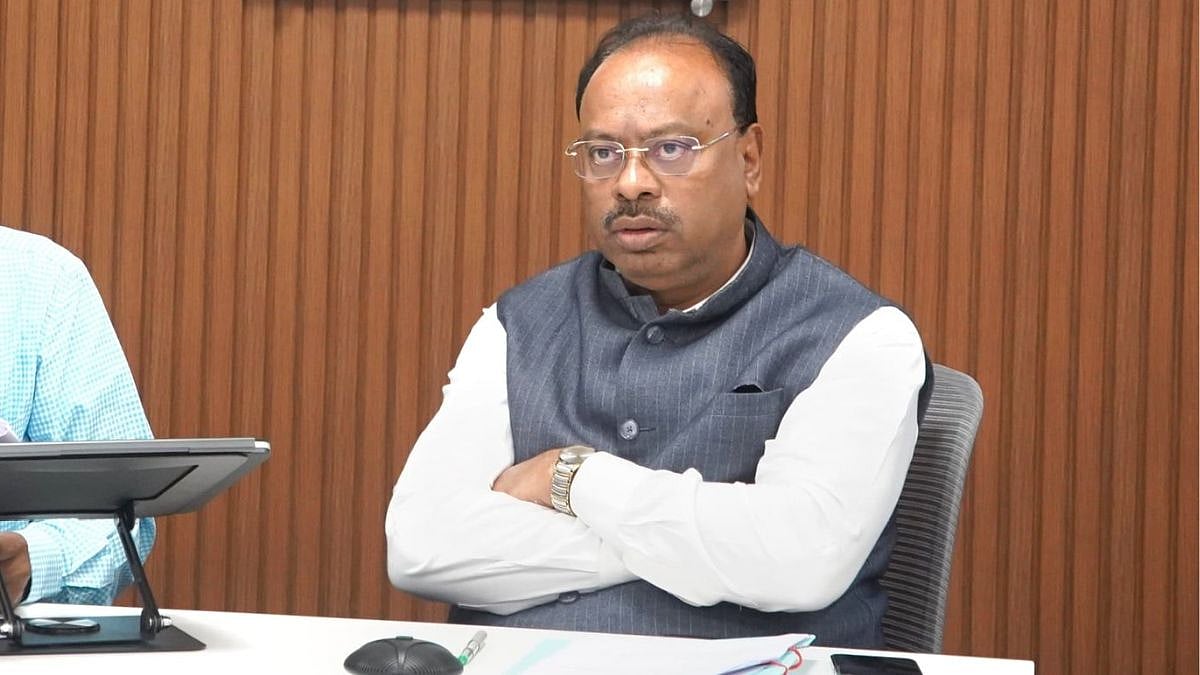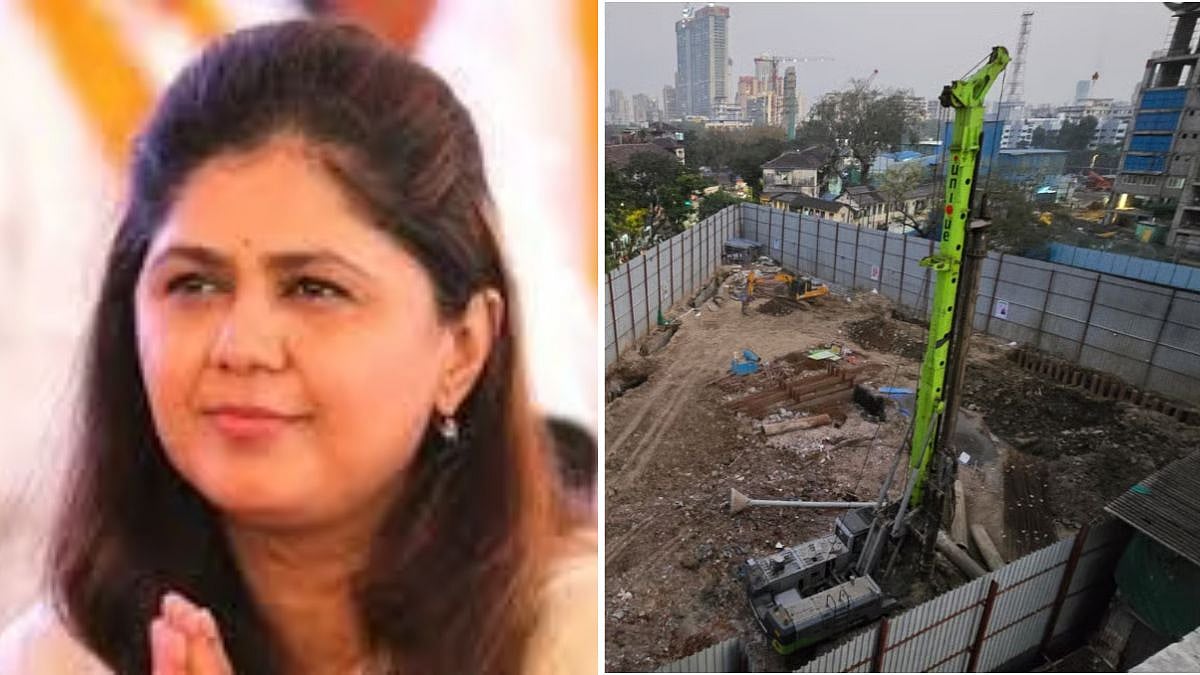The Indian real estate market, like its global counterparts, has undergone significant transformation over the last decade, with technology playing a pivotal role in changing how properties are bought and sold. This digital evolution has been further accelerated by the global pandemic, which forced businesses to innovate and adapt to new ways of working remotely.
For realtors, one of the most critical challenges was bridging the geographical gap between buyers and sellers, especially when they are in different cities. Today, technology is not just a facilitator but a game-changer in connecting buyers with sellers across distances, enabling seamless transactions and creating numerous benefits for end users.
Role of Technology
Gone are the days when buyers had to physically visit numerous properties and navigate through endless paperwork to complete a deal. Thanks to technological advancements, the real estate sector in India has seen the emergence of various tools and platforms that make property transactions efficient and hassle-free.

Virtual Property Tours and 3D Visualisation: One of the most innovative technologies transforming real estate is virtual property tours. Realtors are increasingly using 3D visualisation tools and virtual reality (VR) to give potential buyers an immersive experience of a property without them needing to be physically present. For buyers located in different cities, this is particularly useful as they can take a complete tour of the property, explore its layout, and even get a sense of its ambiance—all from the comfort of their homes. This eliminates the need for unnecessary travel, saving both time and money. Moreover, this technology allows for customised tours where buyers can see different design and layout options, enabling them to visualise the property’s potential.
AI-Powered Platforms and Chatbots: Artificial Intelligence (AI) is being widely adopted in the real estate sector to personalise the experience for buyers. AI-powered platforms are designed to recommend properties based on a buyer’s preferences, budget, and location. Realtors now have access to data-driven insights that help them understand market trends, buyer behaviour, and pricing patterns. AI-driven chatbots are also being employed by realtors to answer common queries instantly, offering 24/7 assistance to buyers across different cities. This enhances user engagement and ensures buyers get timely responses to their questions, further streamlining the buying process.
Zoom and Virtual Meetings: Platforms like Zoom have become indispensable for virtual meetings in the real estate industry. For buyers and sellers in different cities, Zoom allows realtors to host virtual face-to-face meetings, where they can discuss details of the property, negotiate terms, and even share live virtual tours. Zoom meetings help bridge the communication gap between all parties, offering a more personal and interactive experience than emails or phone calls alone. This not only makes the process more transparent, but also speeds up decision-making. Realtors can now maintain consistent contact with clients across various locations, creating a seamless experience for both buyers and sellers.
Blockchain and Secure Transactions: One of the concerns for both buyers and sellers in different cities is the security and transparency of financial transactions. Blockchain technology is now slowly being leveraged to ensure that all property-related transactions are secure, transparent, and tamper-proof. Blockchain will simplify the paperwork process by automating the creation of smart contracts, which eliminates the need for third-party verification. Buyers and sellers will be able to finalise deals remotely without the fear of fraud or tampering, thanks to the decentralised nature of blockchain.
Cloud-Based Platforms for Document Management: Realtors in India are increasingly adopting cloud-based platforms to manage and store documents securely. The property-buying process involves multiple documents like sale agreements, property deeds, and title transfers, which can be cumbersome when dealing across cities. Cloud technology like Google Drive enables realtors, buyers, and sellers to upload, access, and sign documents from any location. This not only speeds up the transaction process, but also reduces the chances of errors and loss of critical paperwork.
Geolocation and Mapping Technologies: Buyers often face difficulties understanding the location, neighbourhood, and surrounding infrastructure of a property they are interested in. Realtors are addressing this by using advanced geolocation tools that offer detailed maps, highlighting nearby amenities such as schools, hospitals, shopping centres, and public transport links. In addition to this, some platforms offer drone footage that provides aerial views of the property and its surroundings, allowing buyers to evaluate the area without physically being there.
(The writer is the current Vice Chairman and Chair-Global at National Association of Realtors - India. Look for the second part of this article in next REJ page)






